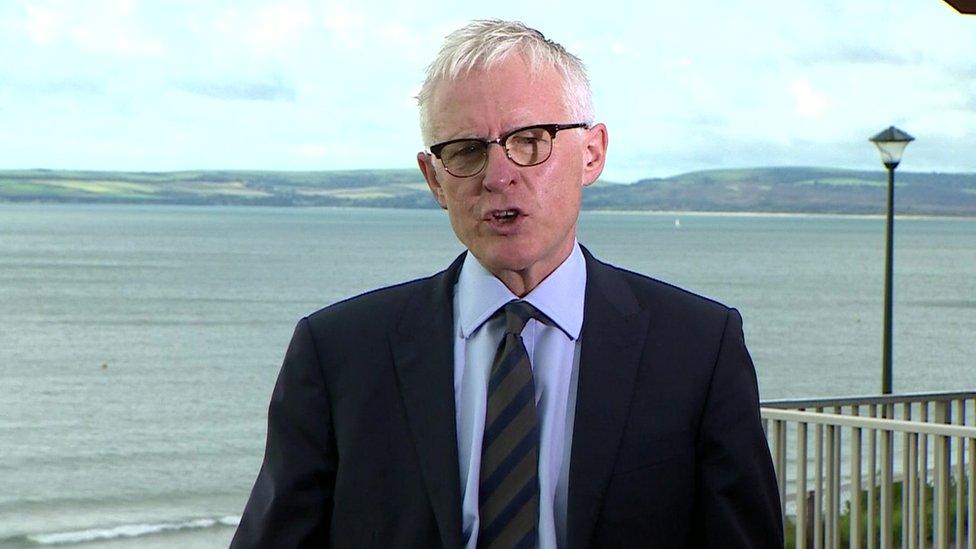Five things we learned from the Liberal Democrat conference
- Published
1. Tim Farron has learned to love the last government
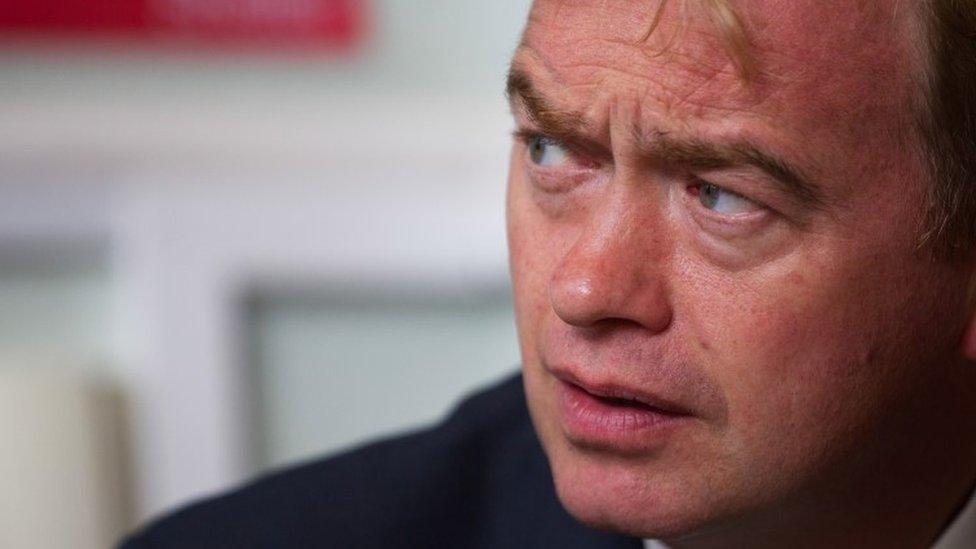
Remember the politician who gave the Lib Dems two out of 10 for their handling of the coalition? No? Neither does their new leader Tim Farron. He appears to have changed his mind on the verdict he offered the FT in March, external. Now he says he's proud of his party's record in government. Back then Lord Ashdown told the BBC that judgement was not Farron's strong suit. He hasn't repeated his view this week either.

2. Jeremy Corbyn changed Lib Dem politics
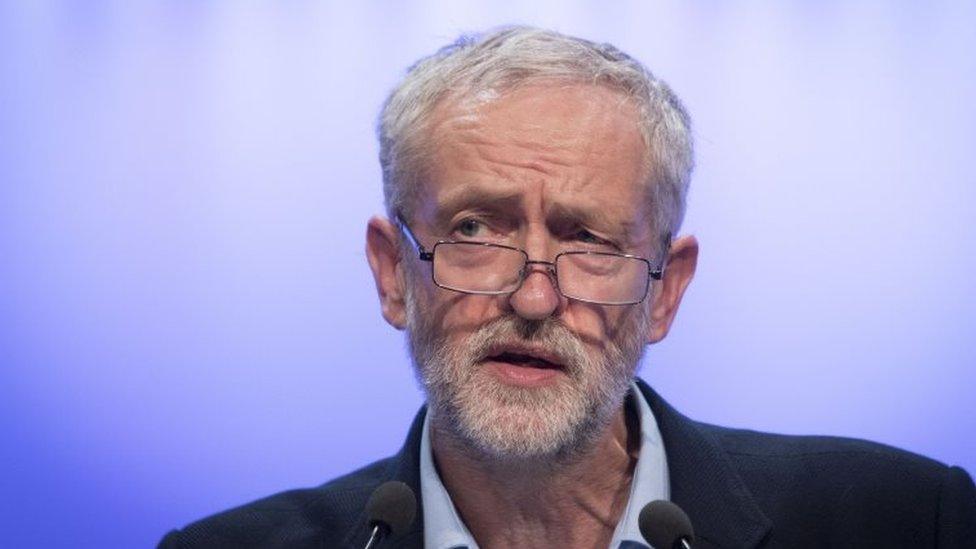
After Labour's new leader was elected the Lib Dems decided they couldn't be more left wing than him, so they have spent five days explaining that they belong on the centre ground of British politics. Anyone who voted for Farron as Lib Dem leader hoping for a dramatic change of direction will be disappointed. When he praises "people who believe that no-one owes them a living" and insists government must tear down barriers to business, he sounds like a man more than willing to do some business of his own with the Conservatives.

3. They know how to look on the bright side of life

There is a fine line between robust optimism and denial, but Lib Dems have been as sunny as the Bournemouth weather, and they have reasons to be cheerful. Twenty-thousand new members, a conference packed with activists (many new joiners) and a week free from high profile pratfalls is not a bad return for the first gathering after a disastrous election. They even welcomed back Nick Clegg with open arms, and seem determined not to look back on Clegg's time in office with the same fury so many in Labour feel about the Blair years.

4. But they worry about being dull

Pleasant, sunny moderation isn't always very exciting. Behind the grins there are real concerns at all levels and from different wings of the party that they might end up being sensible but boring.
When they insist they deserve attention they remind us that they won a million more votes than the SNP at the election. But they got a million and half fewer than UKIP. And to have the faintest hope of returning to third party status they would need to see an extraordinary nationalist collapse and a transformative Lib Dem surge. Politics has been endlessly surprising this year, but plenty of senior Lib Dems are much gloomier about their prospects than the leader.

5. For all that, they still get a lot of attention for a party with eight MPs
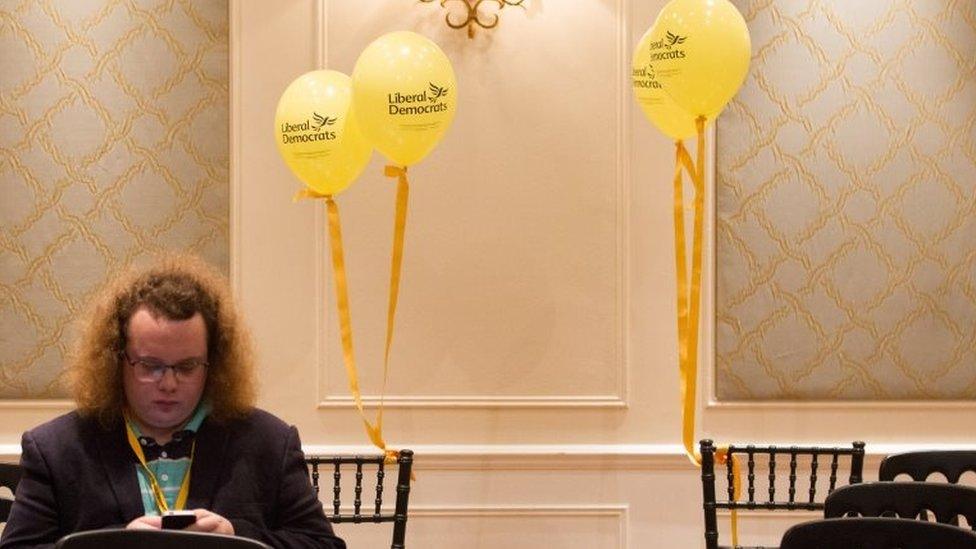
Just a few months ago new Lib Dem policies mattered because the party governed and could quickly affect our lives. Not any more. In the coming months they will have a bigger impact if their 100 plus forces in the House of Lords can frustrate Conservative plans.
For now, there are still plenty of journalists at their conference, perhaps more than a party of just eight MPs might expect. The Westminster press pays nothing like this much attention to the eight-strong DUP. If they flounder in next May's elections in Wales, Scotland, London and English councils, they will be asked rather more loudly: why do the Lib Dems matter?
- Published22 September 2015
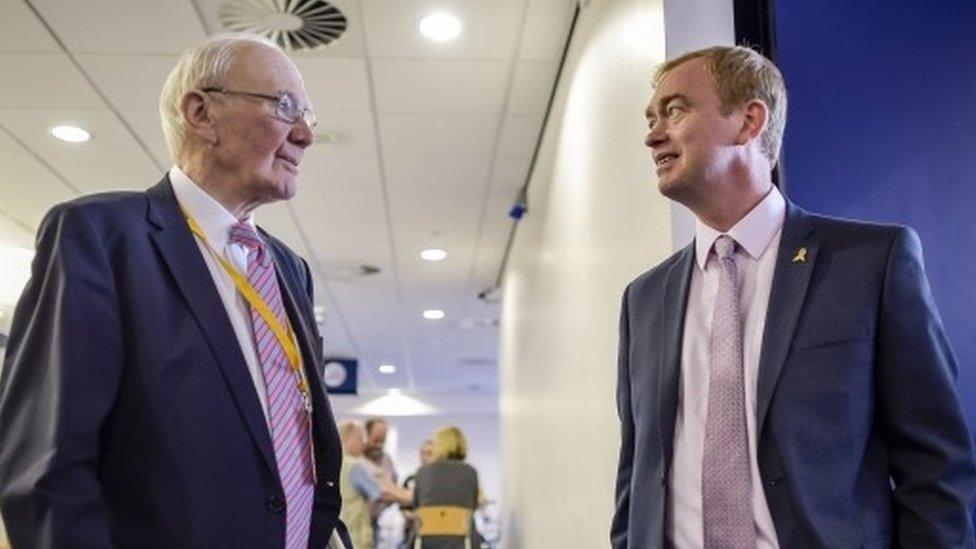
- Published22 September 2015
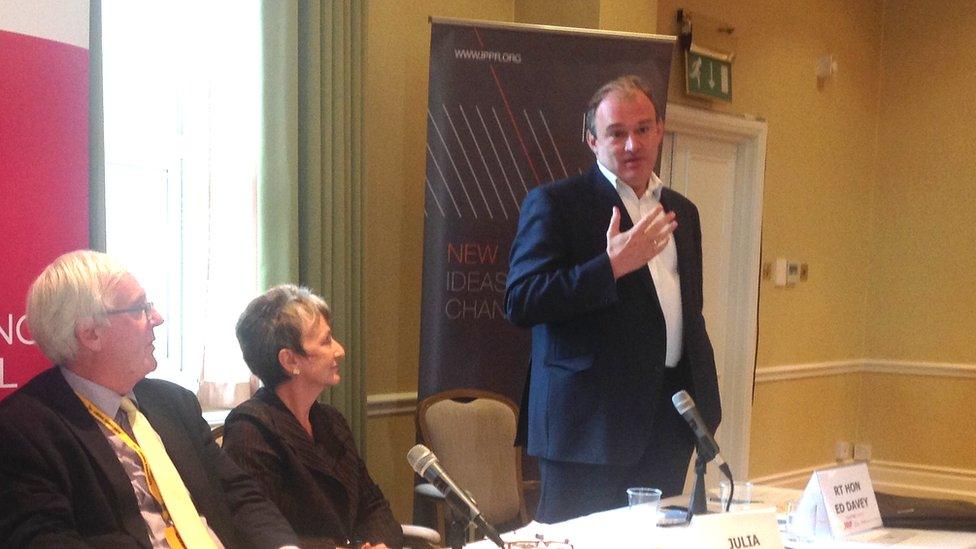
- Published28 April 2016

- Published22 September 2015
